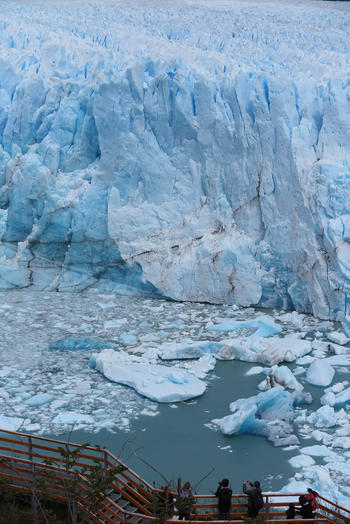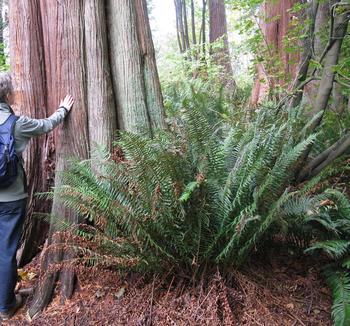Prehistoric Vegetation Helps Predict Future Ecosystems
Photo (P. Tarasov): Schmelzende Gletscher in patagonischen Anden
Photo (P. Tarasov): Urwald auf der Vancouver Island, Kanada
News vom 05.09.2018
An international research team, with Dr. Stefanie Müller and Prof. Dr. Pavel Tarasov representing Freie Universiät Berlin, found that planet warming drove major changes in vegetation and future warming may drive similarly dramatic changes around the world. The paper "Past and future global transformation of terrestrial ecosystems under climate change," has been published in the August 31 issue of the journal Science.
Abstract
Impacts of global climate change on terrestrial ecosystems are imperfectly constrained by ecosystem models and direct observations. Pervasive ecosystem transformations occurred in response to warming and associated climatic changes during the last glacial-to-interglacial transition, which was comparable in magnitude to warming projected for the next century under high-emission scenarios.We reviewed 594 published paleoecological records to examine compositional and structural changes in terrestrial vegetation since the last glacial period and to project the magnitudes of ecosystem transformations under alternative future emission scenarios. Our results indicate that terrestrial ecosystems are highly sensitive to temperature change and suggest that, without major reductions in greenhouse gas emissions to the atmosphere, terrestrial ecosystems worldwide are at risk of major transformation, with accompanying disruption of ecosystem services and impacts on biodiversity.
For the full pdf text: science.sciencemag.org/content/sci/361/6405/920.full.pdf

